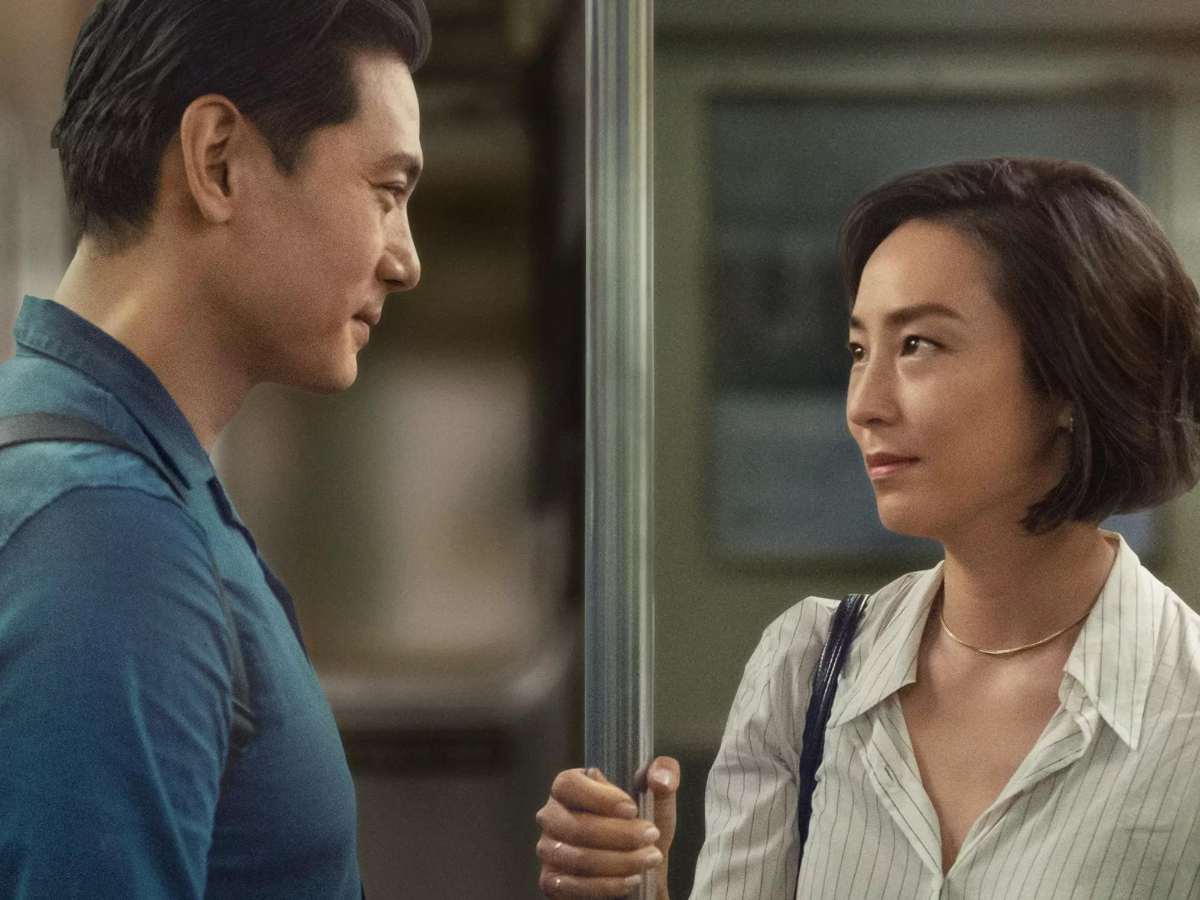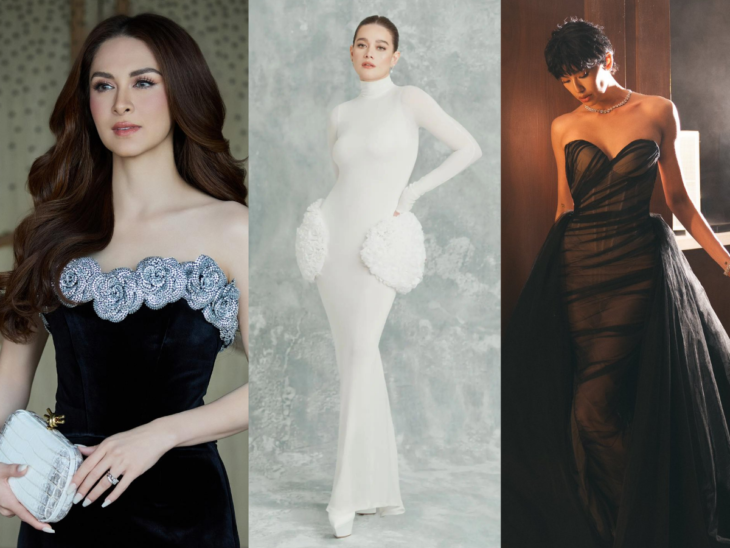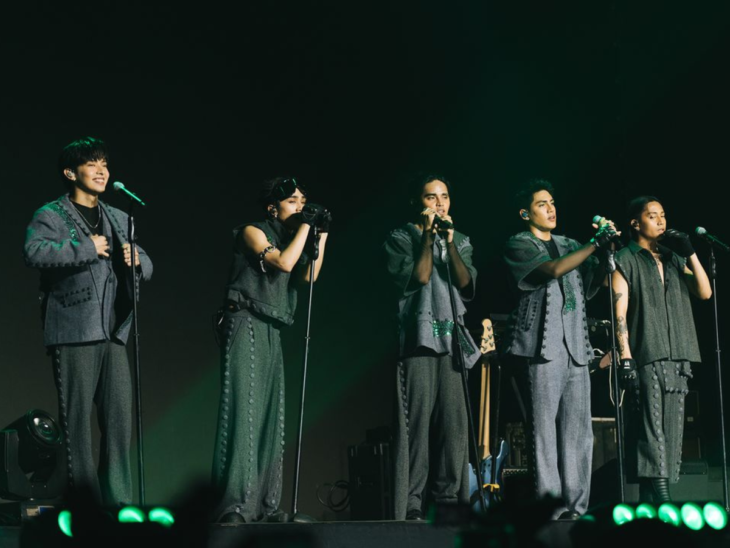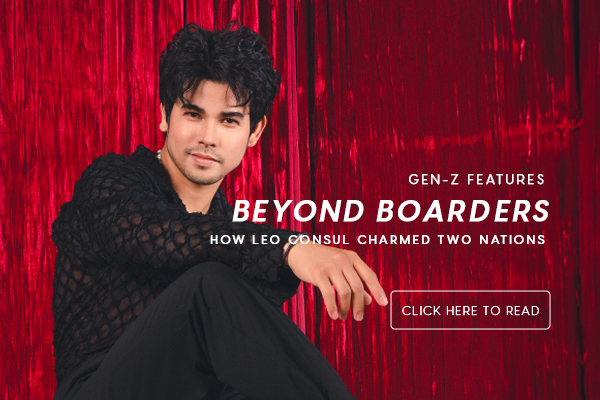It has been a little over a month since awards season ended, which means it’s a perfect time to start revisiting films from last year without the preconceived notion of its critical reception. One of the films that made its rounds in the awards circuit is Celine Song’s directorial debut Past Lives.
Nora’s family emigrates from South Korea to Toronto, separating her from childhood sweetheart Hae Sung.
Time skip to another 12 years, Nora is now married and working as a playwright. Hae Sung, newly broken up with his girlfriend, visits New York City and meets with Nora. They catch up on their lives and reminisce about their past. The more time they spend together, the more they think about what could have been.
It’s not about romance, it’s about identity
Past Lives, like Before Trilogy and Like Crazy, explores longing and reminiscence. Past Lives stands apart from other second chance films by focusing on a Korean-American woman. This woman is in an interracial marriage, specifically with a White man.
One cannot help but wonder that these characters and their relationship with one another speaks to a larger conversation about identity beyond just romance.
The film spends a lot of time in New York, following the character of Nora in her pursuit of becoming a playwright. It is at this point that she reconnects with Hae Sung, who is attending college in South Korea.
Aside from the childhood scenes, Hae Sung anchors the story in South Korea. His character represents not only Nora’s memories growing up, but he is also a reminder of her Korean heritage. As the two characters reconnect, it doesn’t only tell a story of a person reconnecting with a past love interest, but it is about a woman who longs for and seeks her cultural identity.
For years now, more and more Asian writers and filmmakers are creating stories that speak to their cultural identity. Critically-acclaimed films written and directed by Asian-American creators like The Farewell and Everything Everywhere All at Once showcase particular immigrant experiences.
What Past Lives show through the character of Nora is the creative tendency to romanticize one’s roots. How she references the idea of in yeon (providence or fate) throughout the film. We get a glimpse of a play she wrote about the immigrant experience in one scene. Films mentioned earlier are a result of that introspective process.
Nora’s acceptance of Hae Sung’s presence in her life is not only the rekindling of an old flame. It is the embrace of a part of her identity that she might have lost in touch with for a while.
View of love from East to West
For the majority of the film’s first half, we see the two main characters apart. When they do meet in the later half, there’s a palpable tension in their interaction. Not only as a result of the years since they’ve been at the same place at the same time, but is a confrontation of how their environment shaped who they are and what they believe in.
It starts from their first scene together as adults. There’s a carefree energy that Nora exudes in their reunion, a sense of familiarity as they hug as if 24 years hasn’t passed. On the other hand, Hae Sung every move feels more tense, a hesitant embrace with his first love. As they walk through New York City, her steps feel light – someone who feels comfortable in the space she moves in-, while his is timid – a fish out of water.
As they talk about their lives, the more evident the difference of how they see love is. Hae Sung shares that he and his ex-girlfriend were talking about marriage; and while they are at the age that people wed, he felt incapable of providing for his family. There is something subtly combative as Nora replies, “Is it hard to get married if you don’t make a ton of money?”
Contrast this to how Nora tells her marriage to her husband, Arthur. There is a fondness in how she recollects the interactions between her husband and family. She has no problem admitting that they fight fiercely at the same place where they date.
Nora describes Hae Sung to her husband as “masculine, but Korean-style.” She feels “more Korean, yet less Korean” around him, drawn to his traditional values and distinctly Korean identity.
So while Hae Sung reminds her of her childhood in Seoul, he also reminds her of the ideals that she may not want to succumb to. She questions the role of money in their relationship and her desire to be the dominant partner. Perhaps she seeks a love that mirrors the passion of plays and movies.
Nora’s fear of assimilation may drive her rejection of Hae Sung, as she seeks to solidify her roots in her chosen home. She reveals that her early marriage was motivated by her desire for a green card. Maybe there’s still a part of her that feels like that little girl left out in the playground. And now, she is where she wants to be.
Nora might see Arthur not only as a romantic partner, but also as a symbol of acceptance and success in a society that might undervalue her. However, the true nature of her feelings remains a mystery.
Past Lives is uncomplicated
It’s a simple story told beautifully. It does not reinvent the wheel, nor does it have to.

But with the penmanship and direction of Celine Song, paired with the performances of Greta Lee and Teo Yoo, the film is given more depth. You walk away from the film with not only asking questions about fate and destiny, but also self-identity.
The world does not stop. This film tells us, from time to time, it is not bad to look back at who we were in our past, to long for it. But we have to come to terms with who we are now and the decisions we made to get there. And some things should be left where they are- in the past.
Cover image credit: Past Lives (film)






















